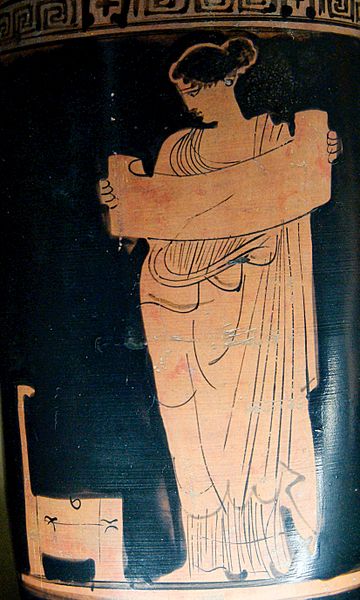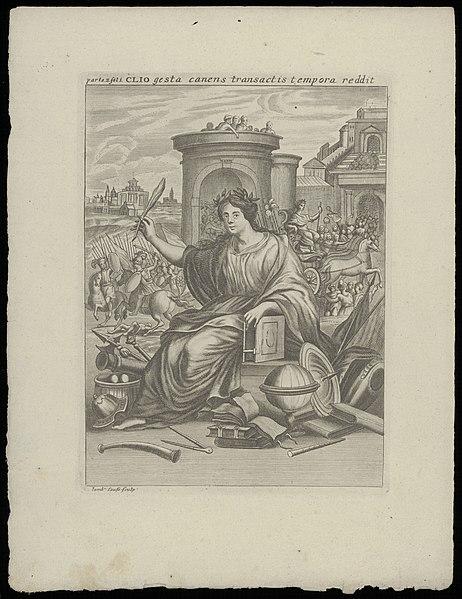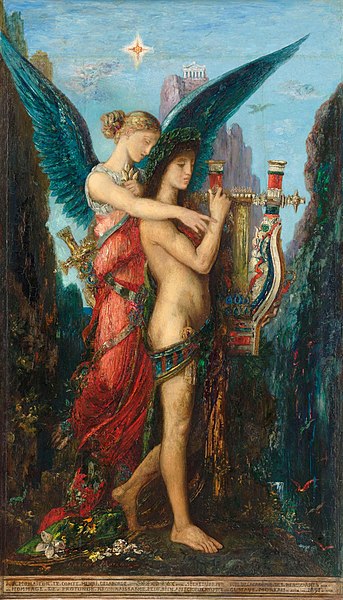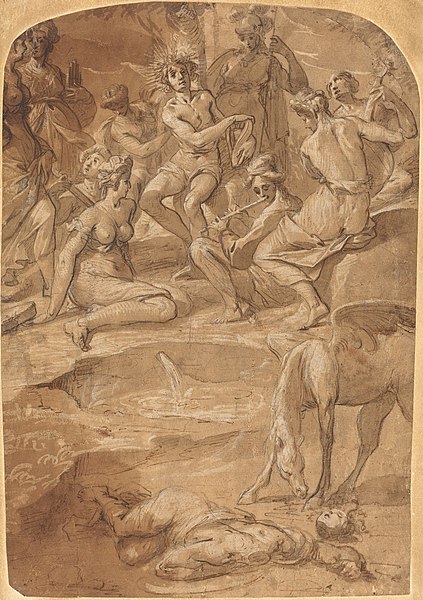Infinite photos and videos for every Wiki article ·
Find something interesting to watch in seconds
Crown Jewels
Wonders of Nature
Celebrities
Tallest Buildings
Animals
Presidents
Famous Castles
Rare Coins
Great Museums
Great Artists
British Monarchs
Recovered Treasures
Supercars
Best Campuses
Wars and Battles
Largest Palaces
Ancient Marvels
World Banknotes
Sports
History by Country
Great Cities
Countries of the World
Orders and Medals
Kings of France
Richest US Counties
Largest Empires
more top lists








